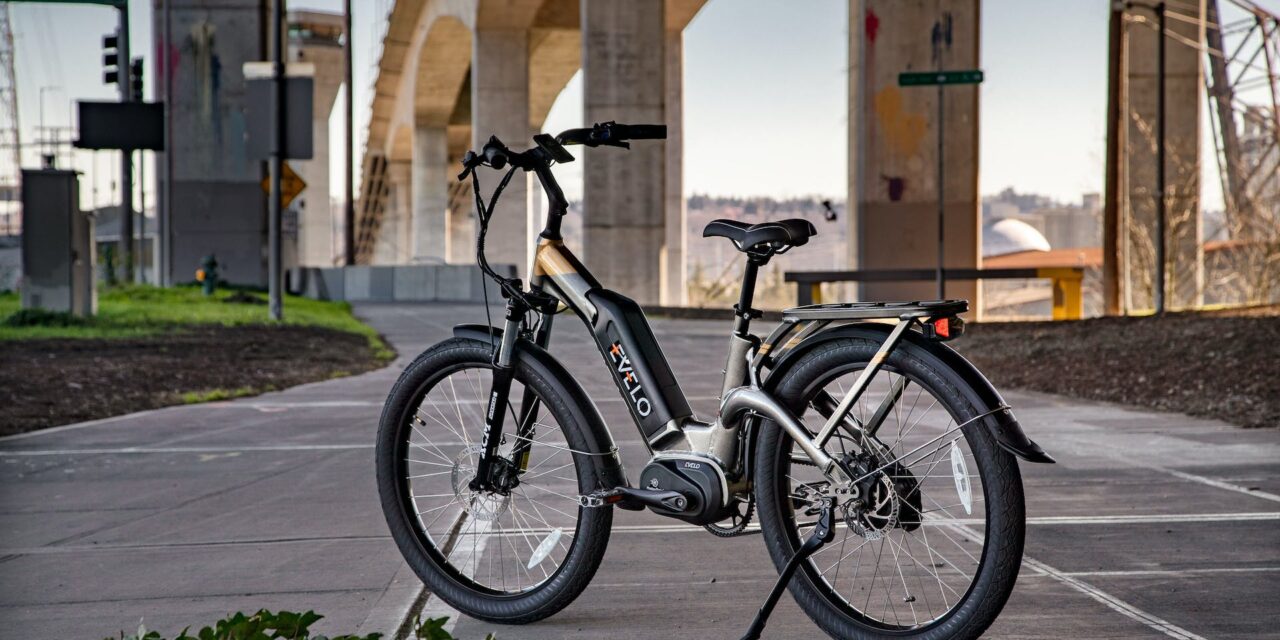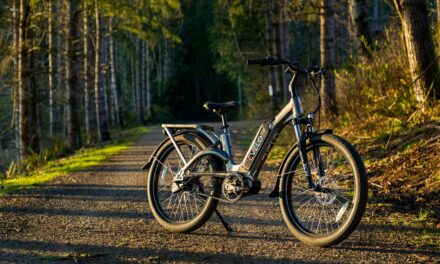The rise of e-bikes as a sustainable mode of transportation has led to two main avenues for enthusiasts: building a DIY e-bike or purchasing one from a manufacturer. Each option comes with its own set of pros and cons, and this article aims to provide a detailed analysis to help potential e-bike owners make an informed decision.
DIY E-Bike: Customization at Your Fingertips
Pros:
- Customization: DIY e-bikes offer the freedom to customize your bike to your specific needs and preferences. You can choose components based on performance, comfort, or aesthetics.
- Cost-Effective: Often, building your own e-bike can be more cost-effective than buying a pre-built one, especially if you already own a suitable bike to convert.
- Learning Experience: Assembling an e-bike provides valuable knowledge about its mechanics and electronics, which can be advantageous for troubleshooting and repairs.
- Satisfaction: There’s a sense of accomplishment and pride in riding a bike that you’ve built yourself.
Cons:
- Time and Skill Required: Building an e-bike requires a significant time investment and a certain level of mechanical and electrical skills.
- Potential for Errors: Without proper knowledge, mistakes in assembly can lead to malfunctions or safety hazards.
- Warranty and Support: DIY e-bikes lack the warranty and customer support that comes with manufacturer-made bikes.
- Resale Value: Self-built e-bikes may have a lower resale value compared to branded ones.
Manufacturer-Made E-Bike: Reliability and Professionalism
Pros:
- Quality Assurance: E-bikes from reputable manufacturers undergo rigorous testing for safety and performance, ensuring a reliable product.
- Warranty and Support: These bikes come with warranties and customer support, providing peace of mind and assistance when needed.
- Advanced Features: Manufacturer-made e-bikes often include the latest technology and features, such as integrated battery systems, advanced motor technology, and smart connectivity.
- Immediate Use: They are ready to ride right out of the box, saving time and effort.
Cons:
- Higher Cost: Branded e-bikes generally come with a higher price tag, reflecting the cost of research, development, and marketing.
- Limited Customization: While some customization is possible, you are largely limited to the designs and specifications set by the manufacturer.
- Dependence on Manufacturer: Repairs and replacements may require specific parts or services from the manufacturer, which can be costly and less accessible.on
- Environmental Impact: Manufacturing new bikes has a larger environmental footprint compared to converting existing bikes.
Built Vs. Bought
Choosing between a DIY e-bike and a manufacturer-made model depends on individual preferences, skills, and requirements. If you relish the challenge of building and customizing your own bike and possess the necessary skills, a DIY e-bike can be a rewarding project. However, if you prefer a hassle-free, reliable, and professionally made product with customer support, a manufacturer-made e-bike is the way to go. Ultimately, both paths lead to the same destination: enjoying the benefits of an e-bike and contributing to a more sustainable mode of transportation.





